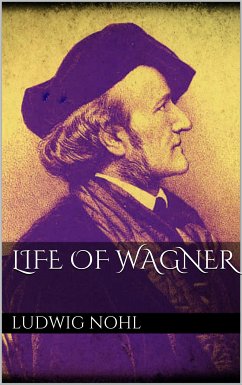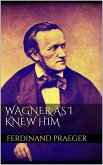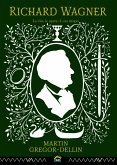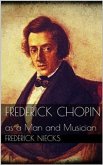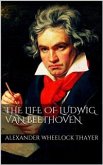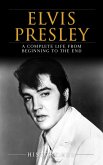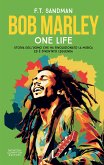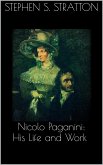The masters of music, Haydn, Mozart and Beethoven, advanced this art beyond the limits of their predecessors by identifying themselves more closely with the development of active life itself. By their creative power they invested the life of the nation and mankind with profounder thought, culminating at last in the most sublime of our possessions—religion. No artist has followed in their course with more determined energy than Richard Wagner, as well he might, for with equal intellectual capacity, the foundation of his education was broader and deeper than that of the classic masters; while on the other hand the development of our national character during his long active career, became more vigorous and diversified as the ideas of the poets and thinkers were more and more realized and reflected in our life. Wagner’s development was as harmonious as that of the three classic masters, and all his struggles, however violent at times, only cleared his way to that high goal where we stand with him today and behold the free unfolding of all our powers. This goal is the entire combination of all the phases of art into one great work: the music-drama, in which is mirrored every form of human existence up to the highest ideal life.
Bitte wählen Sie Ihr Anliegen aus.
Rechnungen
Retourenschein anfordern
Bestellstatus
Storno

